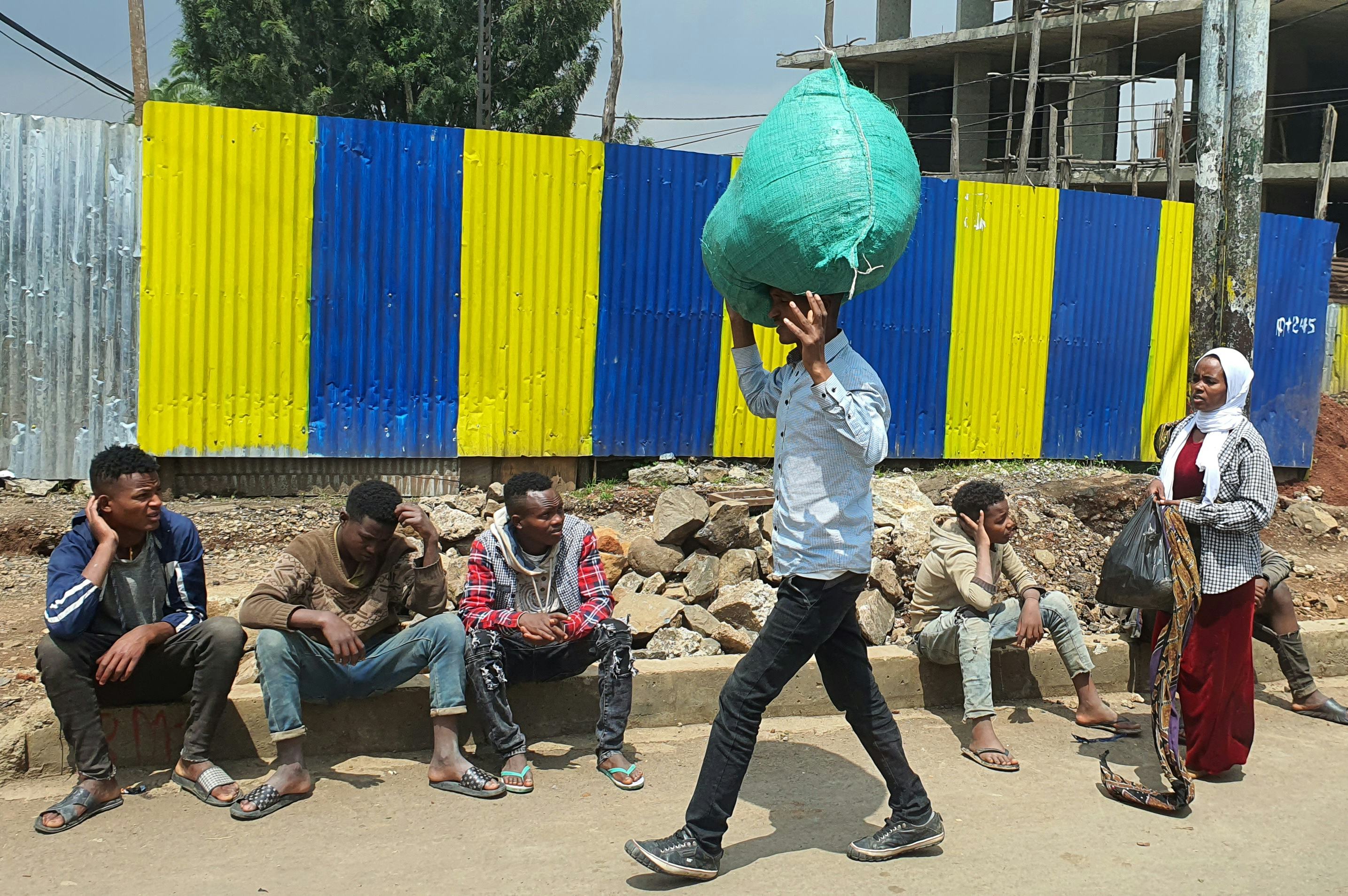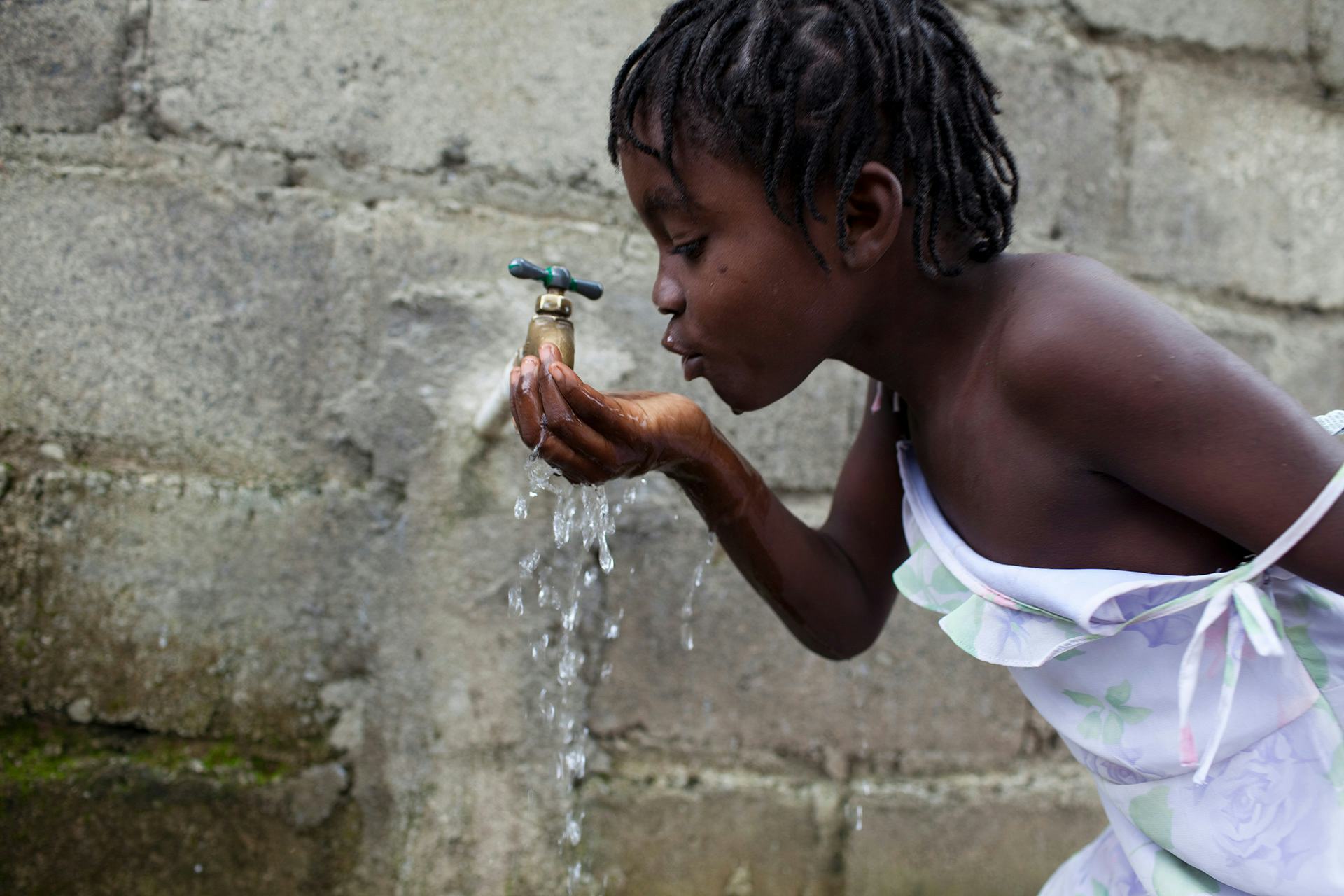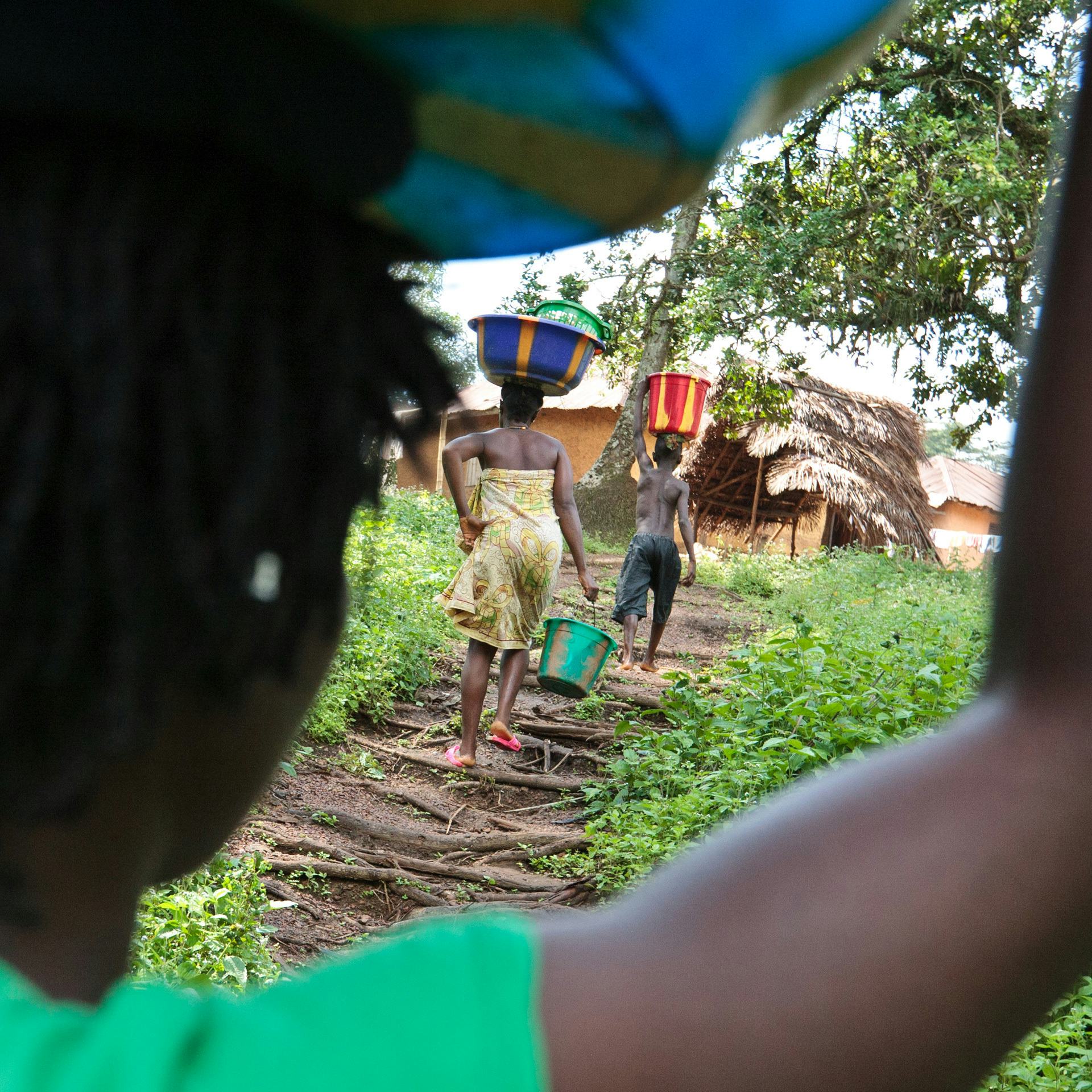Legatum wants to see a humanitarian response system that supports crisis-affected people’s own initiatives to help each other survive with dignity, strengthen communal wellbeing, and start addressing root causes of vulnerability.

Legatum wants to see a humanitarian response system that supports crisis-affected people’s own initiatives to help each other survive with dignity, strengthen communal wellbeing, and start addressing root causes of vulnerability.

Each year, dozens of countries are affected by manmade and natural disasters, putting communities into a crisis of survival. In every disaster, the first to respond are local community members. Communities best know what aid is needed and who among them is most in need. They understand what is critical for immediate survival and, eventually, for recovery.
However, too much aid and philanthropy money is spent in a top-down approach that is ineffective because it disempowers those it is seeking to help, and we often see that most starkly in the area of disaster relief, where nearly all international disaster aid funding goes to large, top-down relief programming. While such aid is a necessary component of crisis response, we believe it must be complemented by getting funds directly to local communities to support what they are already doing, resulting in faster, more targeted and more efficient aid, treating people with dignity and respecting their agency, while also fostering community, building resilience, enabling recovery, and avoiding aid dependency.
Since late 2021, Legatum has been funding local organisations in Myanmar (Burma), Sudan, Ethiopia, Somalia, and the Philippines to give micro-grants to small community-based groups already taking action to help their community recover from a crisis, for those groups to use however they think is best.
This approach, sometimes referred to as survivor- and community-led crisis response (sclr), has proven to be fast, effective, efficient, and most importantly to support the agency, dignity, and psychological recovery of those affected. We are so excited about the potential of this area that we are launching our fourth collaborative fund this year to scale this work.
The sclr approach has been tested and proven effective in multiple countries over the past 10 years. The model involves working with local organisations whose staff travel to communities affected by the crisis. Community members are engaged to understand who among them is already working to address crisis-related challenges. Where community members have taken initiative, they are asked what they need to continue or expand their current work. A basic budget for the project is created, and the local community receive a micro-grant.
Staff from the local NGO check-in periodically on the community project’s progress. When an initial micro-grant project is completed, community members meet with local staff to review what was learned, and what they would do differently next time. Where the community has an idea for another project that will address immediate disaster or longer-term recovery needs, another micro grant cycle begins.
So far, Legatum’s Community-led Humanitarian Response programme has helped to leverage the collective compassion of community members by providing more than 800 micro-grants to more in five countries, benefitting over 400,000 people. To date, these grants have allowed communities to buy life-saving supplies of food and water in the immediate aftermath of a disaster, repair essential infrastructure such as wells and roads, and equip communities with the basics – such as seeds, fertiliser, and tools – needed to ensure survival and increased self-sufficiency for the year ahead.
The two-year pilot has added to the evidence that a hyper-local approach to international relief aid is an efficient, effective, and empowering means to ensure survival and increase community resilience during a crisis.



Dubai International Financial Centre
Dubai, United Arab Emirates





